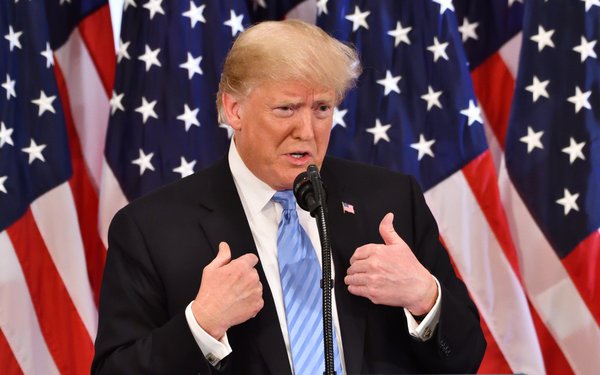
Confusing Facebook’s efforts to curb
misinformation and “fake news,” the tech titan just confirmed that politicians are effectively free to spread false information on its platform.
“We don’t believe
… that it’s an appropriate role for us to referee political debates and prevent a politician’s speech from reaching its audience and being subject to public debate and
scrutiny,” Nick Clegg, vice president, global affairs and communications, clarifies in a new blog post.
“That’s why Facebook exempts politicians from our third-party
fact-checking program,” he writes.
The program Clegg referred to was put in place to prevent users from spreading false news and other types of viral misinformation -- like memes,
manipulated photos and videos -- on Facebook.
advertisement
advertisement
That said, when politicians share previously debunked content, including links, videos and photos, Clegg said Facebook will “demote”
such content, as well as display related information from fact-checkers, and deny its inclusion in ads.
Since 2016, Facebook has held that questionable content spread by politicians is
acceptable, due to its “newsworthiness.”
Yet, the policy has been the source of much confusion and frustration. Earlier this year, Facebook drew widespread criticism for refusing
to take down a video manipulated to make House Speaker Nancy Pelosi appear impaired.
A year earlier, the social giant was blasted for not removing Donald Trump’s proposed ban on Muslim
immigration.
“This means that if someone makes a statement or shares a post which breaks our community standards, we will still allow it on our platform if we believe the public interest
in seeing it outweighs the risk of harm,” according to Clegg.
This unique privilege bestowed on politicians will not extent to ads, however.
“If someone chooses to post an ad on
Facebook, they must still fall within our Community Standards and our advertising policies,” Clegg said.